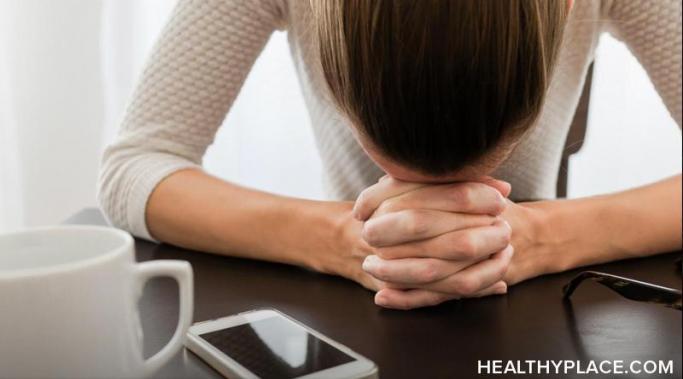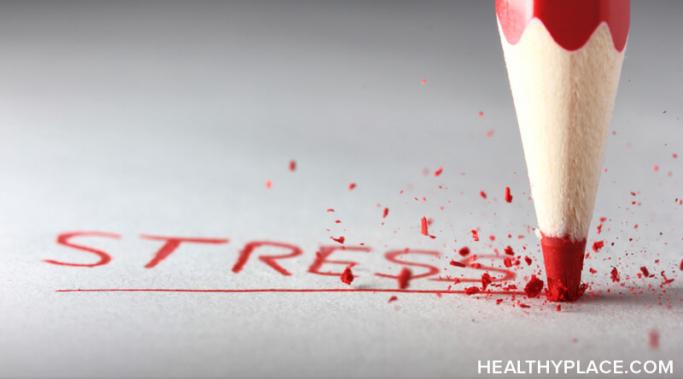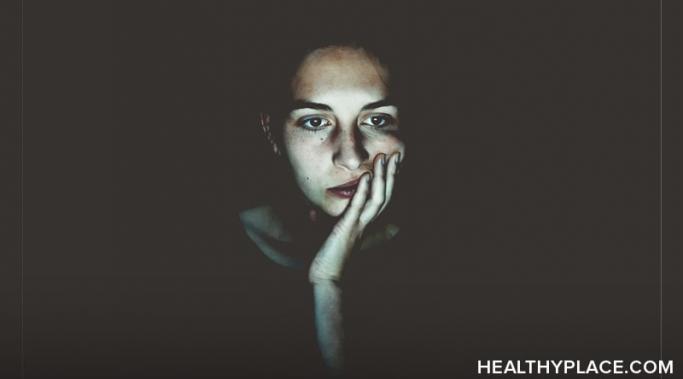Losing my ability to focus is a symptom of anxiety that I often experience. Anxiety is a physical response to a stressful situation, and when we experience anxiety, we experience an increase in stress hormones which makes it more difficult to concentrate.
Treating Anxiety
Yes, we're going to use a little bit of math on the blog today, but we're going to use it for an unusual task -- controlling anxiety. I can feel your incredulity all the way over here but stick with me for a minute, you can control your anxiety with math.
One of the most challenging aspects of COVID for me has been recreating a schedule to reduce anxiety for myself. Although I've been fortunate to keep my job, I've discovered that a lot of the structure I enjoyed in my life was the result of activities and obligations that have evaporated in the last two months.
Anxiety feels like different things to different people. I think it is important to talk about anxiety because, even in this day and age where there is more information about mental health out there and it has become the topic of broader conversations, it seems that there is often still a stigma attached. One of the things I have been very passionate about has been talking about what anxiety feels like to me and sharing what I go through, in the hopes that others can relate and can find comfort in knowing that they are not alone.
It sounds strange to discuss social anxiety when you can't socialize in person, but the new landscape of communication has led to uniquely stressful challenges.
One of the symptoms of anxiety that I have experienced throughout my life is difficulty sleeping. During particularly stressful times in my life, I found that difficulty sleeping has been one of the most challenging anxiety symptoms for me to deal with. On the nights that I have a hard time sleeping, I end up falling asleep much later than I intended, and then I do not end up getting a restful night's sleep.
Journaling for my anxiety is one technique that I have used in my life to help me cope with stress and anxious thoughts, and lately, it has become even more helpful.
I don't know about you, but I have begun to notice anxious expectations taking up a larger part of my brain space in the last week or so. A strange tension has been building that pits the current emotional struggles of COVID-19 against the seeming abundance of available time. Shouldn't I be getting even more done because there's less I can go do? But shouldn't I also be okay with less from myself because of the emotional demands of social distancing? These are just two examples of competing anxious expectations you may be experiencing during this time.
Dealing with anxiety during COVID-19 is something foreign to us. It is hard not to experience stress and anxiety these days. I had planned to write this article about something else regarding anxiety, but I felt as though I would be remiss if I talked about anything other than what we are all going through right now and how it is affecting me since it is continuously a major part of my thoughts throughout the day.
How often do you read out loud to someone? If you have kids, it may be an everyday activity, but for many reading is a solitary activity. As I've lived through these surreal weeks, I've begun to question whether reading out loud might provide value that reading to oneself doesn't quite deliver.









